Featured Video
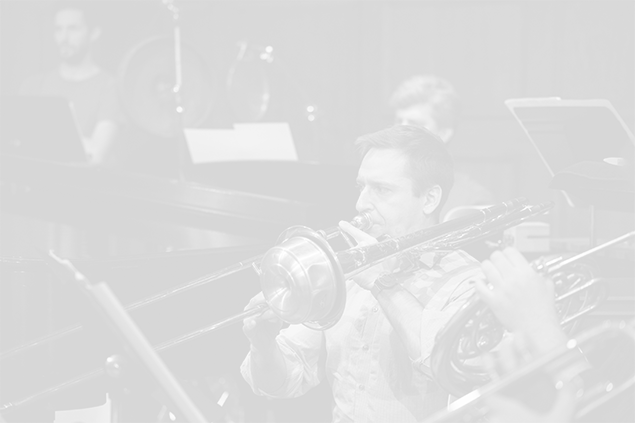
The simple act of listening can be a bold first step in an unforgettable adventure. Led by Artistic Director Alan Pierson, Alarm Will Sound commissions and records innovative works by established and emerging composers, seeking out material that incorporates theatrical and multimedia elements by choreographers, visual artists, designers and directors.
Albums
Land of Winter
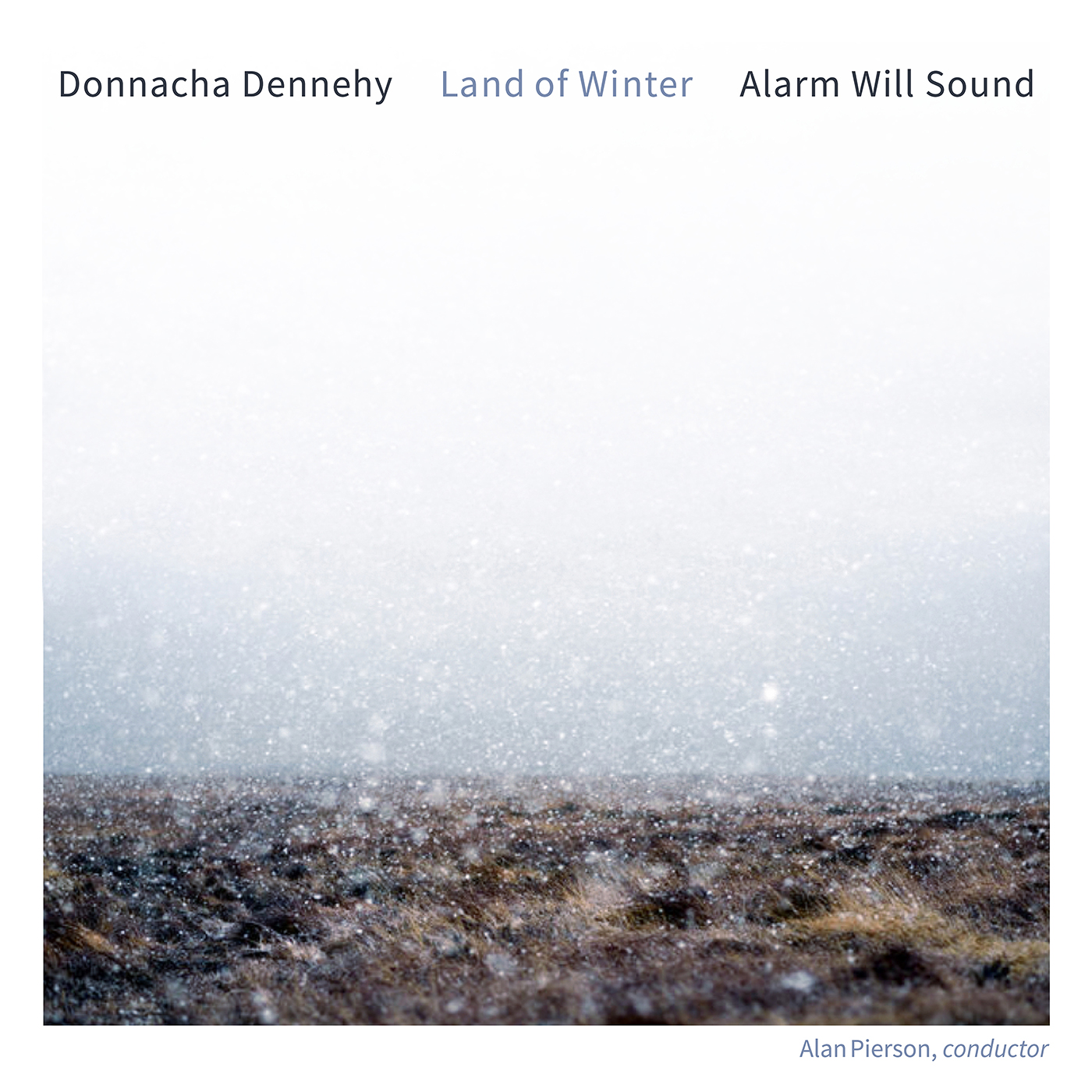
A vivid musical evocation of Ireland’s shifting seasons, Land of Winter captures the interplay of light and climate through Dennehy’s striking harmonic language. Gramophone calls it “a beautifully crafted portrait of landscape and seasons”, while The Wire praises Alarm Will Sound’s “brilliantly resourceful” performance under Alan Pierson’s direction. Selected as Gramophone’s Editor’s Choice and featured in The New York Times’ 5 Classical Albums You Can Listen to Right Now, this album is a mesmerizing journey through time and place. “A contemporary tone poem… one that makes me want to book my trip to Ireland,” raves Cultural Attaché. Experience it for yourself.
Cradle
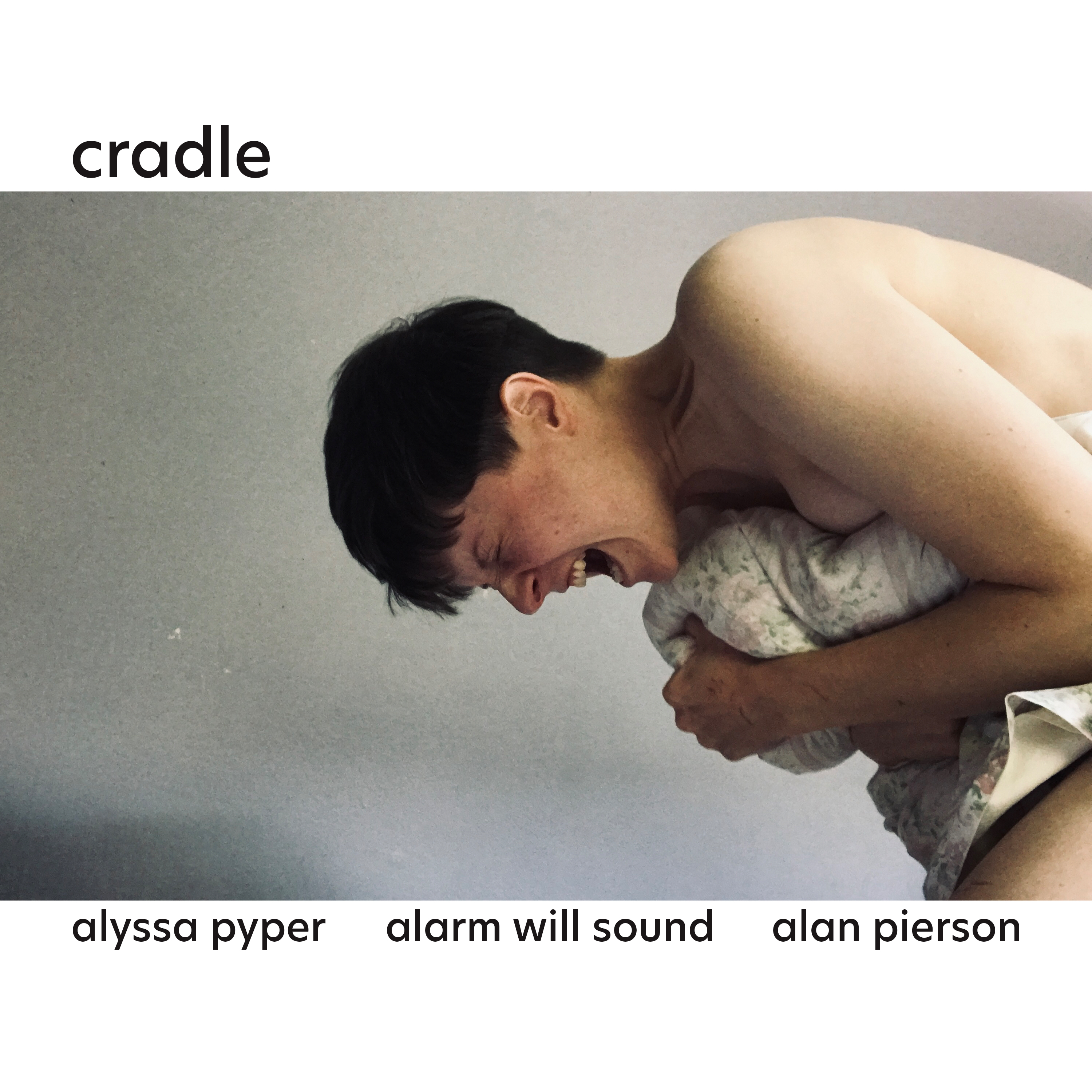
Paper says, “I wrote Cradle while still living in Utah as a way to hold myself when no one else would. I wrote this music in response to breaches of nurture, by way of blood and betrayal.”
“Cradle” was developed through the Matt Marks Impact Fund, our program that enables us to tackle projects that are forward-thinking, and help us diversify the pool of composers and artists with whom we collaborate. The fund is named in memory of our friends and founding member who passed away suddenly in 2018. Matt was passionate about expanding the boundaries of classical music through stylistic diversity and the inclusion of artists from all backgrounds. We remain deeply committed to his legacy.
For George Lewis | Autoschediasms
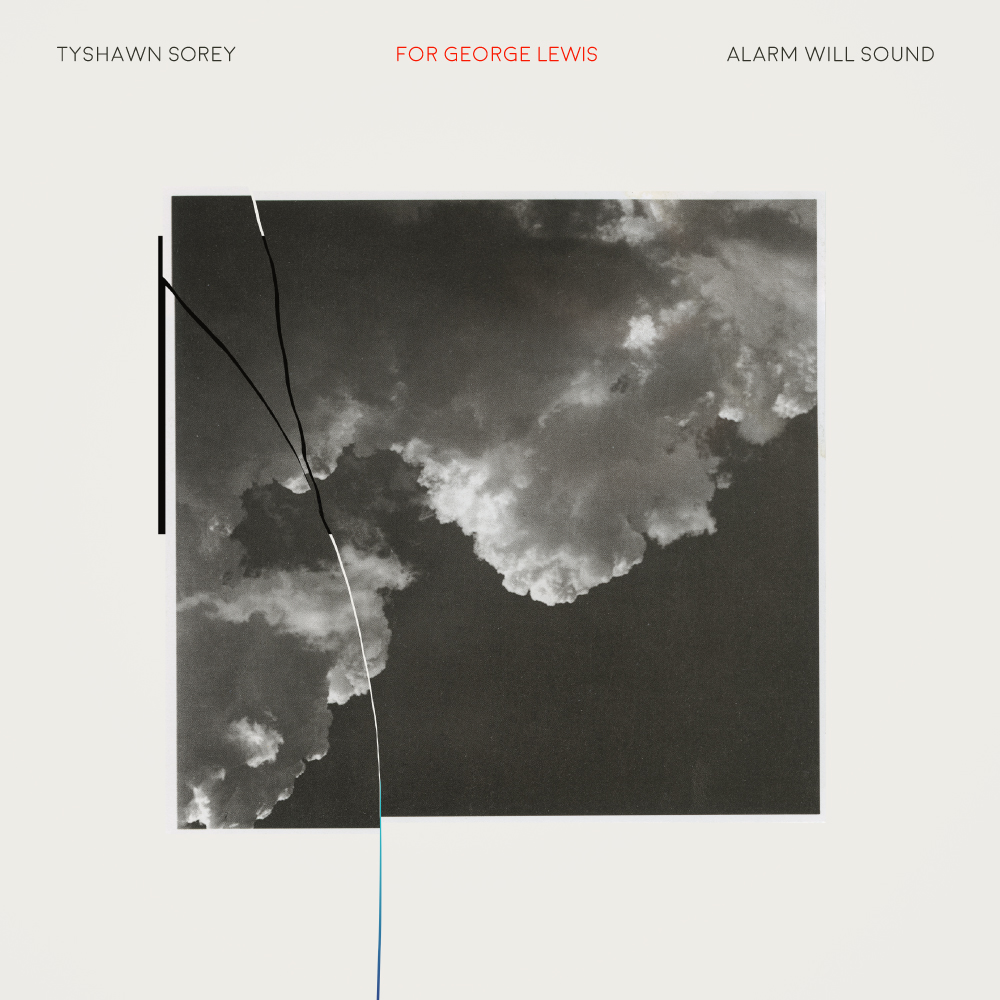
Composer and musician Tyshawn Sorey has been described, in a January 2021 feature for the New York Times magazine, as “arresting a figure in contemporary classical and experimental new music as he is in jazz.” A recipient of the MacArthur Fellowship in 2017, Sorey has carved out his own territory as an artist and thinker whose range of vision, emotion and visceral power has made him a driving and defining force behind a young Black vanguard in new music.
This pristinely recorded double-disc collaboration with the vaunted chamber orchestra Alarm Will Sound documents two unique works — the stately, still For George Lewis (dedicated to the legendary avant garde trombonist and composer) and the thorny, dramatic Autoschediasms (inspired by the real-time improvisational “conductions” of Butch Morris, with a special nod to Anthony Braxton’s “language music” system).
Taken together, these performances — part of which were recorded in a video chat during the pandemic — find the composer testing the limits of the ensemble’s imagination and concentration, and paint a wide-angle sonic canvas that is by turns taut, trenchant, and profoundly moving.
The Hunger
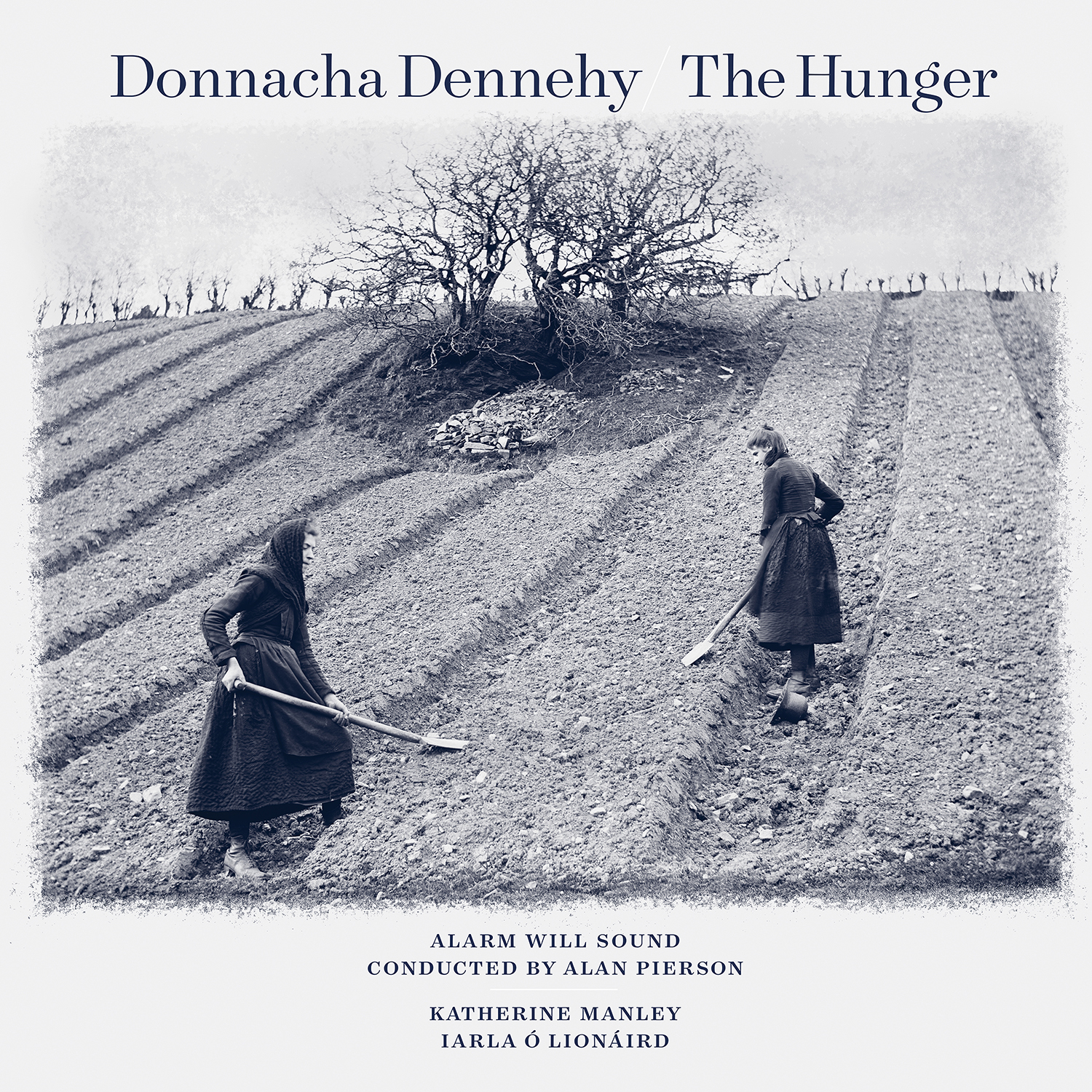
The Hunger is a riveting modern cantata by renowned contemporary composer Donnacha Dennehy rooted in the emotional, political, and socioeconomic devastation of Ireland’s Great Famine (1845-52) and features performances by Alarm Will Sound, soprano Katherine Manley, and sean nós singer Iarla Ó Lionáird. The libretto draws from rare first-hand accounts by Asenath Nicholson, an American humanitarian so moved by the waves of immigrants arriving in New York that she traveled to Ireland to bear witness, reporting from the cabins of starving families. The cantata gives a unique perspective on a period of major upheaval during which at least one million people died, and another million emigrated – mainly to the US, Canada, and the UK – forever altering the social fabric of those countries.
Omnisphere
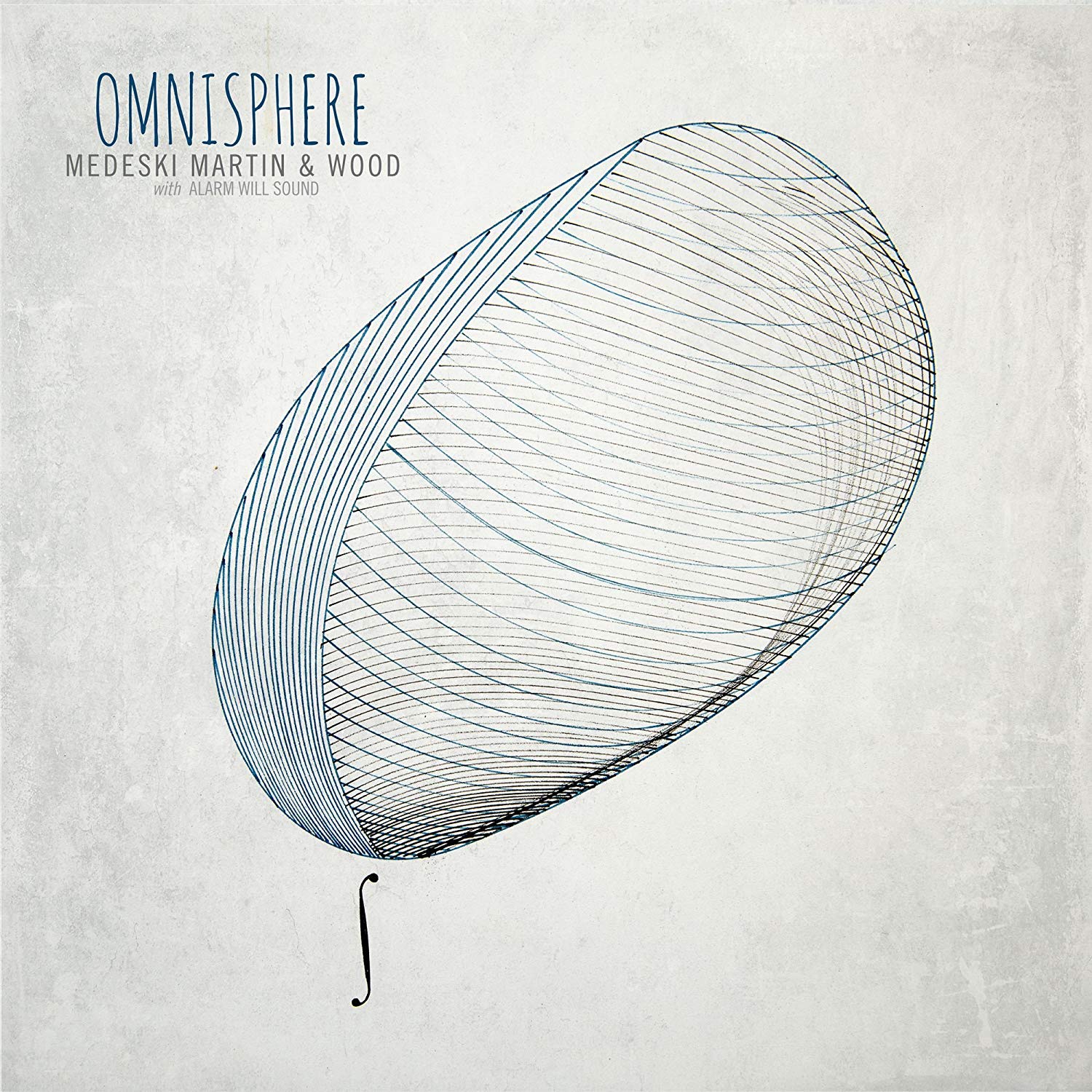
Omnisphere features Medeski Martin & Wood and Alarm Will Sound live at The Newman Center in Denver, Colorado in February 2015. The seven-track program presents an ideal balance, with original music by members of both groups, plus new AWS arrangements of two cuts off MMW’s 2004 release, End of the World Party (Just in Case).
Omnisphere poses a compelling question: “What would happen if one of the most adventurous groups to emerge in jazz and improvised music in the last three decades were to join up with an orchestra that counts among the boldest forces in contemporary classical?” The results are both expected, in the peerless level of the musicianship, and stunning, in the sweeping stylistic range of the program. But more than anything, Omnisphere speaks to the respect and creative kinship shared between these two trailblazing ensembles.
Urban Inventory
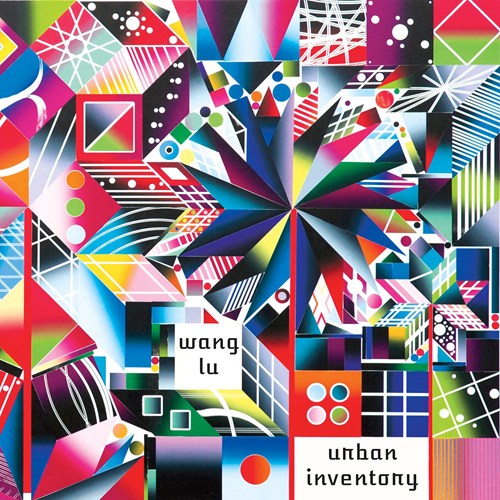
Alarm Will Sound performs Wang Lu’s Backstory, written for AWS and the Mizzou International Composers Festival, on this critically acclaimed album. Alex Ross said, “I’ve listened at least a dozen times to the composer Wang Lu’s new album, Urban Inventory (New Focus Recordings), and remain happily lost in its riotous maze of ideas and images. Every moment is vividly etched, drenched in instrumental color, steeped in influences that range from ancient Chinese folk music to the latest detonations of the European avant-garde. A starry array of ensembles, including the Ensemble Intercontemporain, Alarm Will Sound, and the International Contemporary Ensemble, bring the music to rambunctious life. The flow of events is so rapid and so variegated that nothing settles into the groove of the familiar.”
Mind Out of Matter

Mind Out of Matter is a 74-minute, eight movement suite, that brings together Scott Johnson’s (composer) mix of pop sensibilities and classical rigor with his groundbreaking work in transcribing speech into music. The album features the voice and ideas of renowned philosopher Daniel C. Dennett, whose voice delivers not only his ideas but also the melodies and rhythms at the heart of the music. Musical styles as disparate as retro-funk and Baroque recitative blend to illuminate Dennett’s central claim: just as living organisms evolve in the physical environment, ideas and traditions compete within ecosystems made up of human minds and cultures. Those evolutionary forces shape the religious ideas that populate our minds, multiply within our cultures, and spread like viruses — sometimes to our benefit, sometimes not.
Splitting Adams
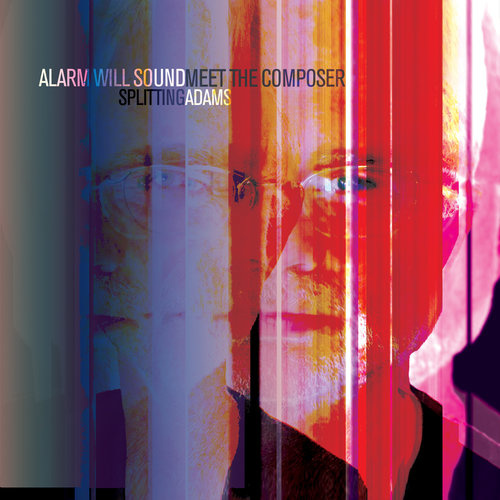
Alarm Will Sound has teamed up with New York Public Radio’s Peabody Award-winning podcast Meet the Composer to create a new kind of album.
Splitting Adams fuses the powerful music of John Adams with the power of podcasts to dig deep and get personal. It does not separate stories about the music from the music itself. Instead, we’re having an on-the-album conversation with you about the music of John Adams while we play the music of John Adams. We’ve made—actually, we’ve composed the conversation to immerse us in Chamber Symphony and Son of Chamber Symphony. Through recorded interviews with the composer, performers, and a historian, we tell the story of the creation of these two seminal works, and of the struggle required to perform them. Then we perform them.
The trajectory from Chamber Symphony to Son of Chamber Symphony is perfect for this kind of total-immersion illumination. We hear John Adams rethinking his approach to composition, and we hear him reflecting on the journey he has made. Along the way, he pulls unexpected inspirations together and pulls Alarm Will Sound into his story. It’s a story just right for the podcast-plus-album we’ve created here.
Splitting Adams is conceived and realized by Nadia Sirota, Alex Overington, and Alan Pierson, the creative forces behind Meet the Composer and Alarm Will Sound.
Vulnicura Live
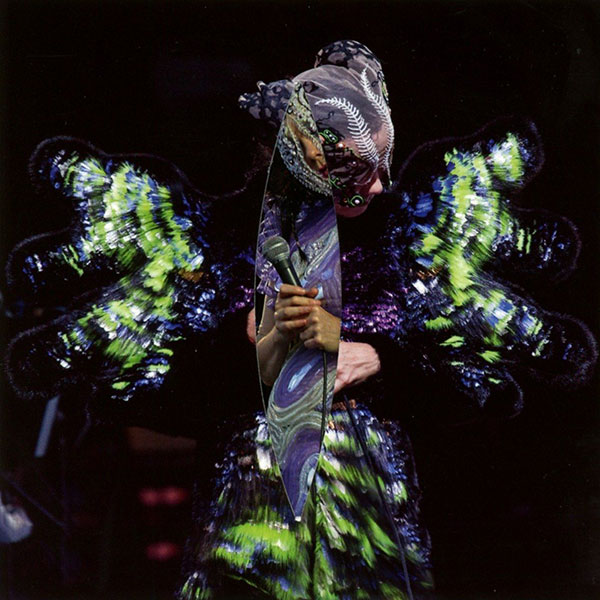
2016 release: a live version of Björk’s Grammy-nominated eighth studio album Vulnicura. The songs were performed with Alarm Will Sound & the Heritage Orchestra, and critically acclaimed producers The Haxan Cloak & Arca.
Keep in Touch
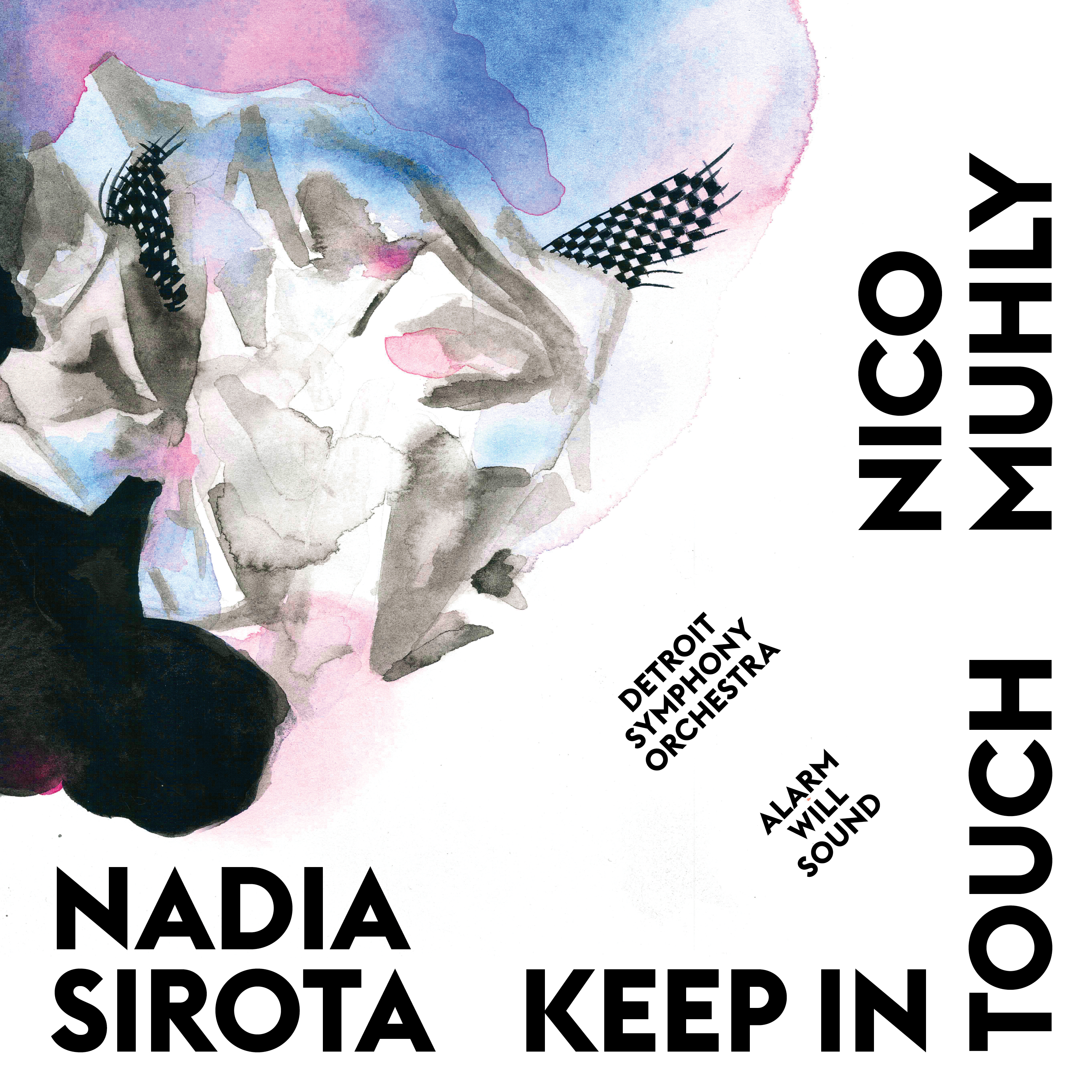
The Alarm Will Sound version of Keep in Touch here was created by Nico Muhly’s close friend, Alarm Will Sound percussionist Chris Thompson, who has managed to approximate every one of Valgeir Sigurðsson’s samples and Anohni’s vocalizations, no matter how seemingly inimitable, for live performance.
In a sense, it is of a piece with Alarm Will Sound’s transcriptions of Aphex Twin or of the Beatles’ musique concrète “Revolution 9,” offering a new perspective on the compositional craft that went into an electronic piece by connecting it to the tradition of notated music. Here, a work for viola and tape becomes a miniature viola concerto for Nadia, Chris and their Alarm Will Sound bandmates.
Alarm Will Sound presents Modernists
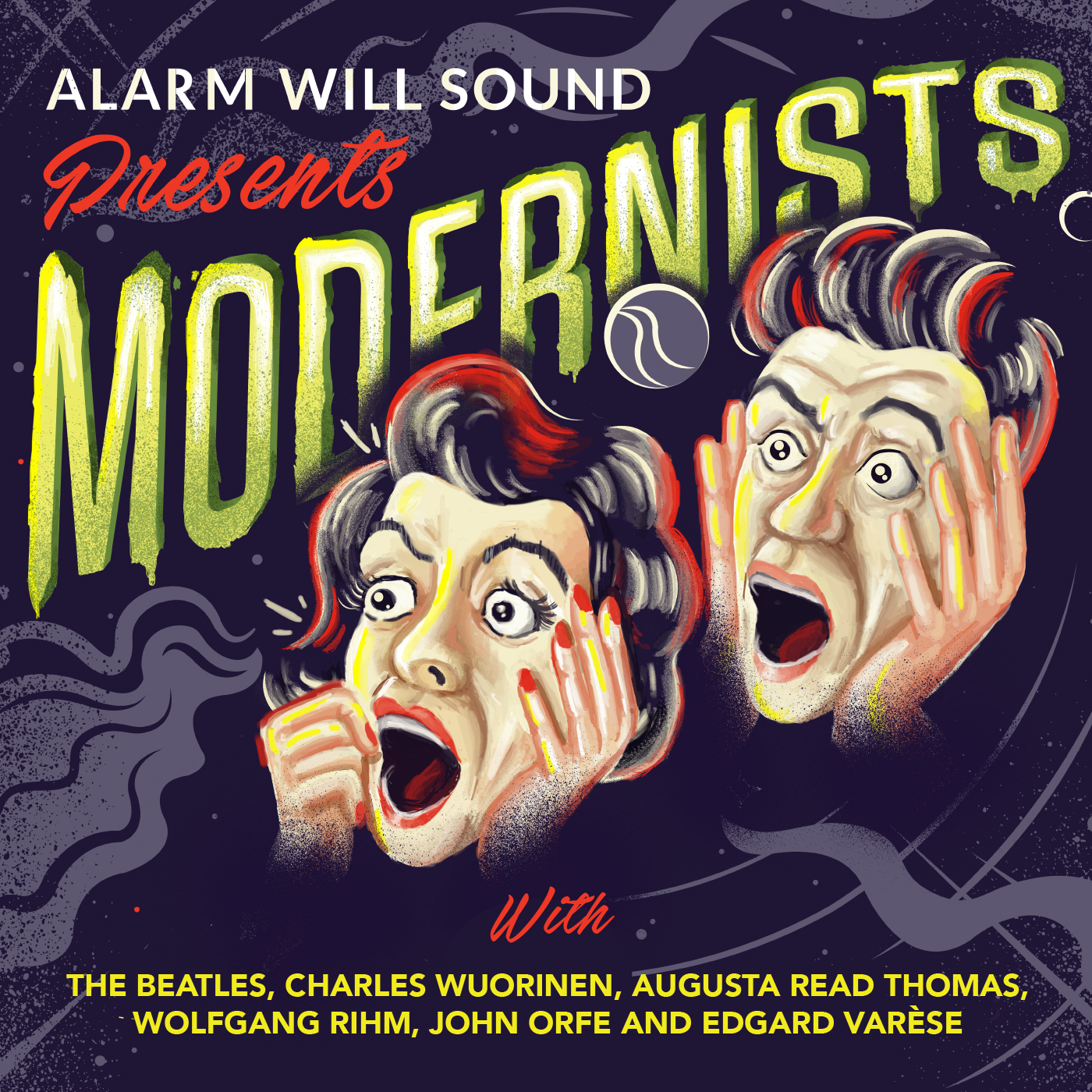
The members of Alarm Will Sound grew up in a musical world defined by negative reactions to the percieved alienating qualities of Modernism (cue scary music). On Alarm Will Sound presents Modernists, the group makes a powerful case for Modernism’s fun and engaging qualities.
The album is bookended by two masterworks of modern recorded sound that have been arranged for the ensemble: “Revolution 9” by The Beatles (arranged by Matt Marks) and “Poème électronique” by Edgard Varèse (arranged by Evan Hause). Each is strange and unfamiliar in its own way, with a history of angering as many, if not more, listeners than they have won over.
Alarm Will Sound also offers work written for the ensemble by Wolfgang Rihm, Charles Wuorinen, Alarm Will Sound pianist John Orfe, and Augusta Read Thomas (whose “Final Soliloquy of the Interior Paramour” features vocal performances by Kirsten Sollek and Caleb Burhans).
Radio Rewrite
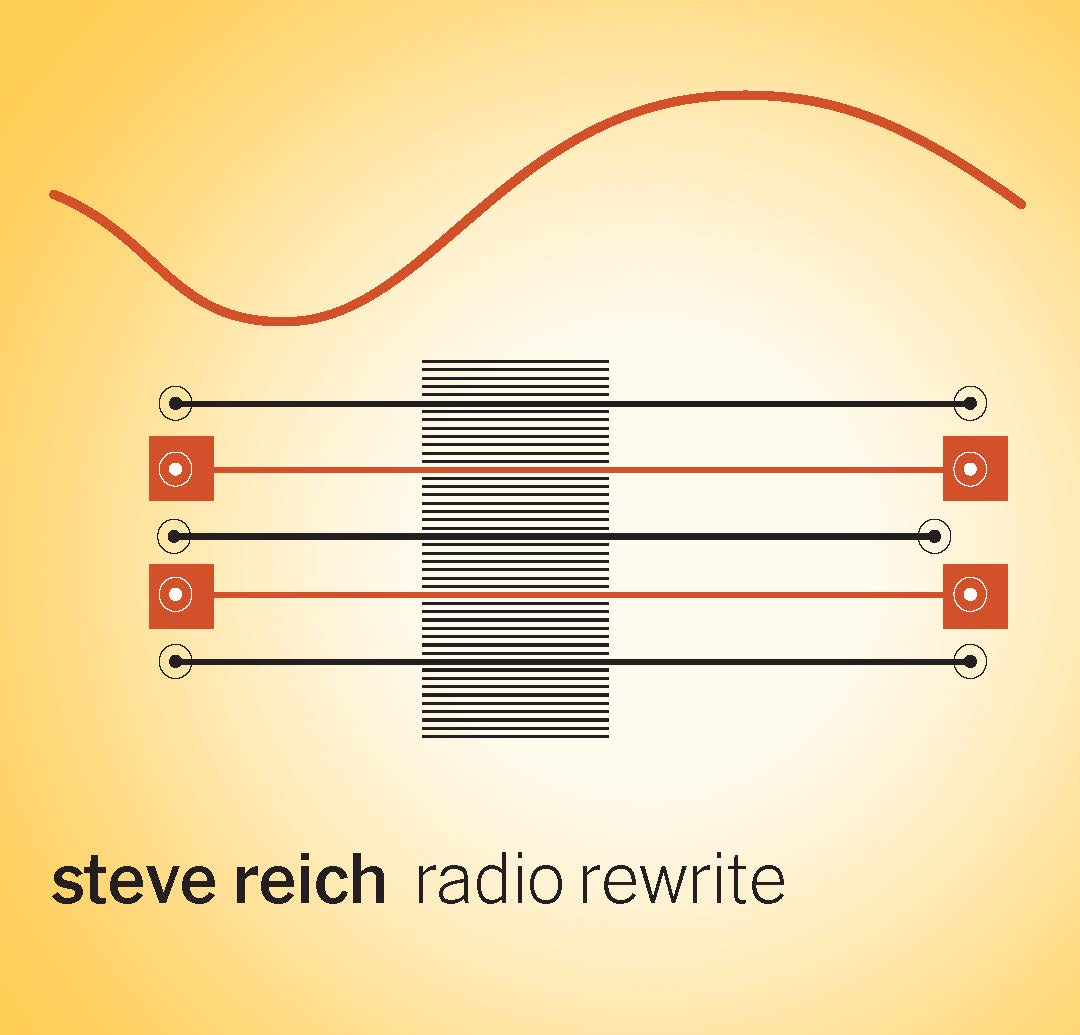
Nonesuch releases Pulitzer Prize winning composer Steve Reich s album Radio Rewrite on September 30, 2014. Co-commissioned for and recorded by Alarm Will Sound, the title piece references two songs by the English band Radiohead. Alan Pierson conducts this premiere recording of Radio Rewrite, which was composed in 2012. The album also includes recordings of Electric Counterpoint (1987) and Piano Counterpoint, which is a 2011 transcription by Vincent Corver of Reich s 1973 Six Pianos; the works are performed, respectively, by Radiohead s guitarist, Jonny Greenwood, and pianist Vicky Chow, who is a member of the Bang on a Can All-Stars.
Reich says of his new piece: Over the years composers have used pre-existing music (folk or classical) as material for new pieces of their own. Radio Rewrite, along with Proverb (Perotin) and Finishing the Hat Two Pianos (Sondheim), is my modest contribution to this genre. He continues, Now, in the early 21st century, we live in an age of remixes where musicians take audio samples of other music and remix them into audio of their own. Being a composer who works with musical notation I chose to reference two songs from the rock group Radiohead for an ensemble of musicians playing non-rock instruments: Everything in Its Right Place and Jigsaw Falling into Place.
Evensong
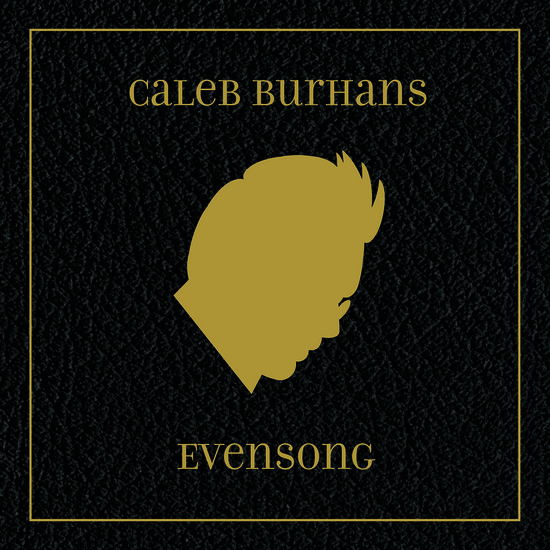
Evensong is Caleb Burhans’s defining statement of his complex connection to the church — an “emo-classical” epic where sacred meets secular in a pure, dynamic expression of musical influences that range from classical to ambient to post-rock. While the album presents motifs from the Christian church service (book-ended with the opening “Magnificat” and the closing “Nunc Dimittis,” recorded with the Trinity Wall Street Choir), it refracts them through the modern lens of new music and the avant garde.
Alarm Will Sound is featured in the secular portion of the album, performing three pieces that we have come to know intimately over many years of performing them with Caleb as one of our founding members.
Canzonas Americanas
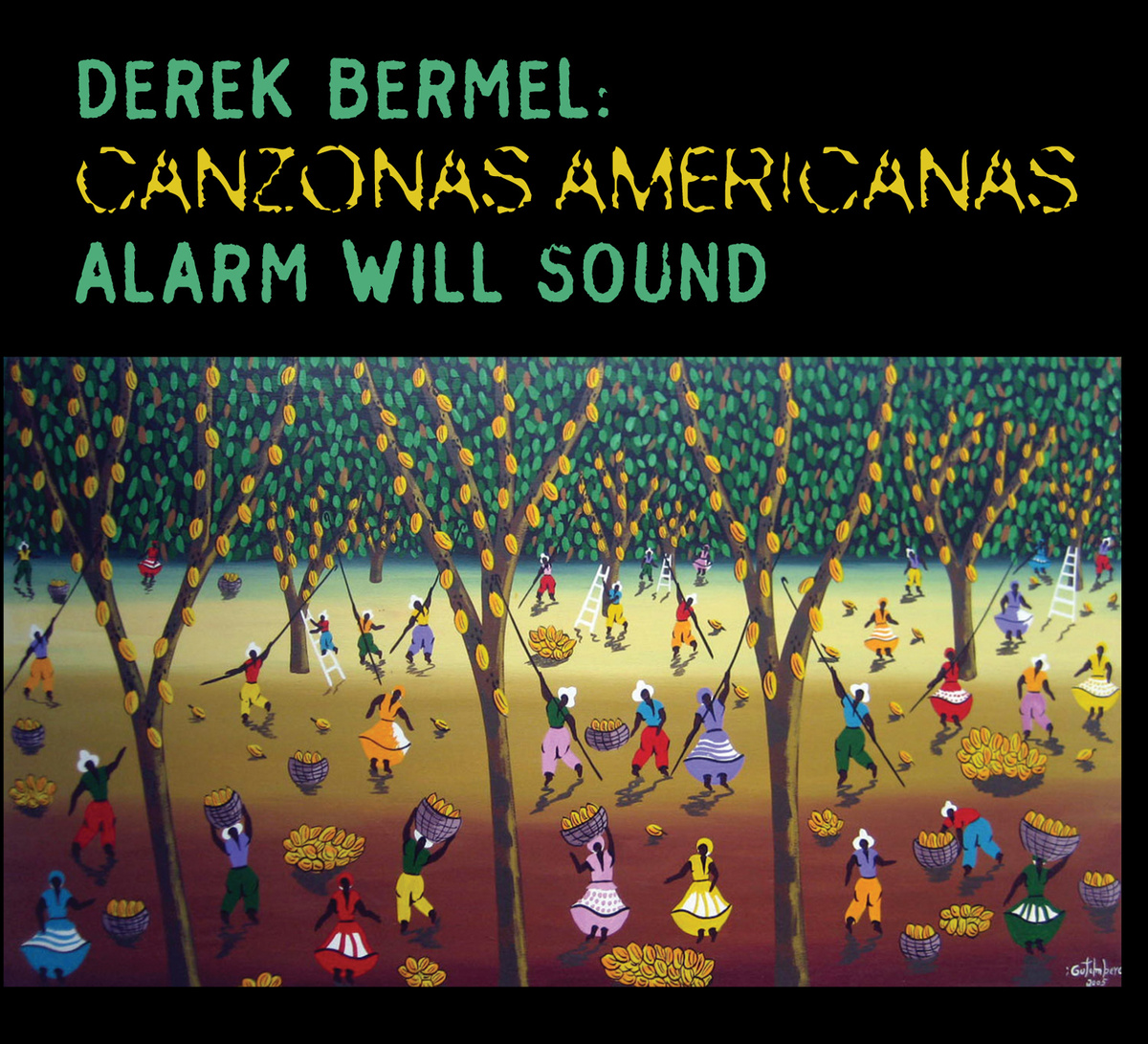
The versatile Derek Bermel has been widely hailed for his creativity and theatricality. He re-imagines the sounds of indigenous world music, jazz, and rock in his uniquely virtuosic and dynamic compositions.Canzonas Americanas takes listeners on a rhythmic and sonic journey—from the yearning, pulsating choros at a club in Rio di Janeiro to the intricate, colorful xylophone music of a West African village. “Music is a prism through which I see and reflect the world,” says Bermel.
a/rhythmia
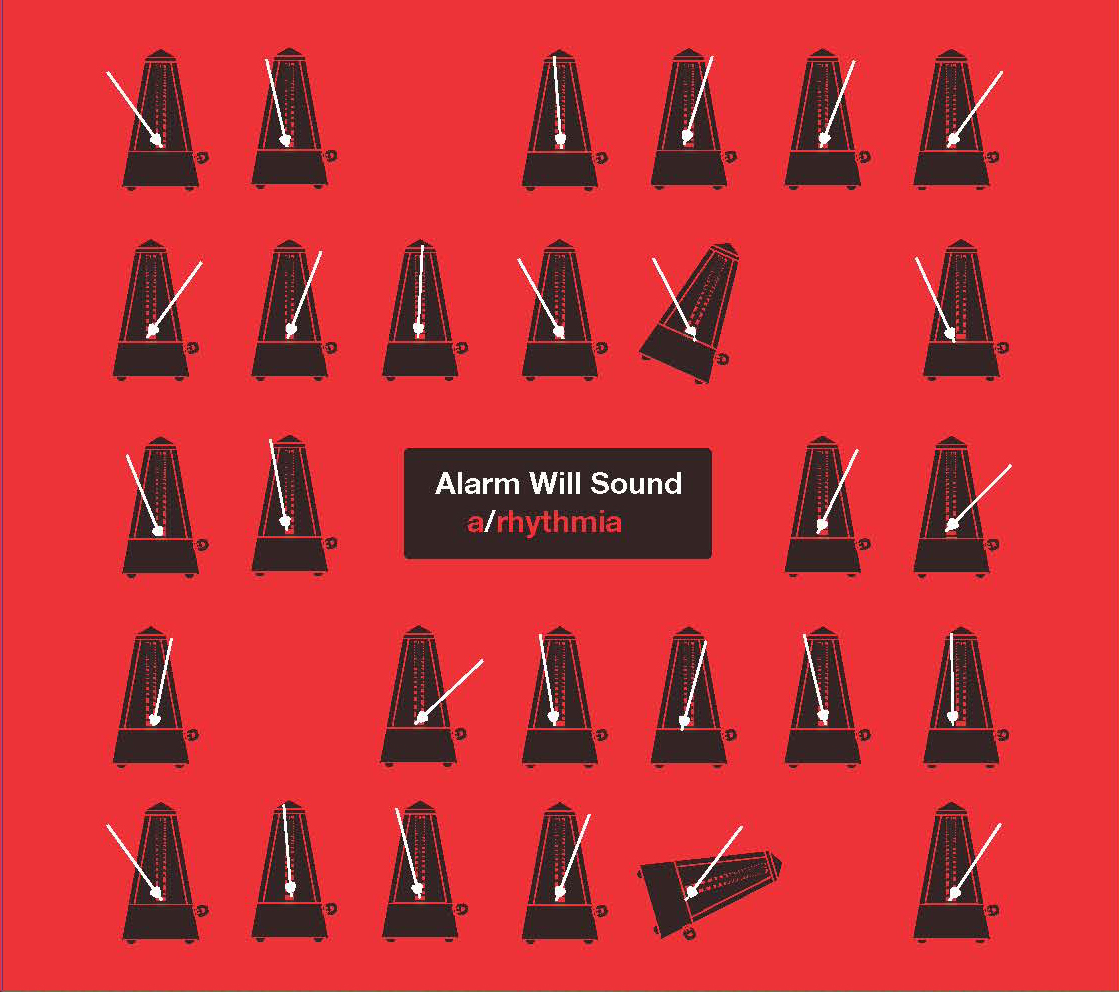
Arrhythmia: “want of rhythm or regularity, specifically of the pulse.”
Great composers of the past century have staked out strong and divergent positions on the proper role of pulse in contemporary music: some arguing that truly innovative music must avoid rhythmic regularity; others convinced that only music built on pulse feels vital and alive. The pieces on this album bind these apparently contradictory claims together. In each piece, a basic pulse is disturbed, either by distortions in the flow of time (like a record player with an unsteady motor) or by juxtaposition with other conflicting pulses (like turn signals flashing at different speeds at a stoplight). We’ve found this sort of rhythm—where regularity and irregularity meet—to be uniquely engaging: the underlying pulsation catches the ear, while the disturbances keep us alert and guessing. The “want of rhythm or regularity” becomes palpable.
Van Gogh
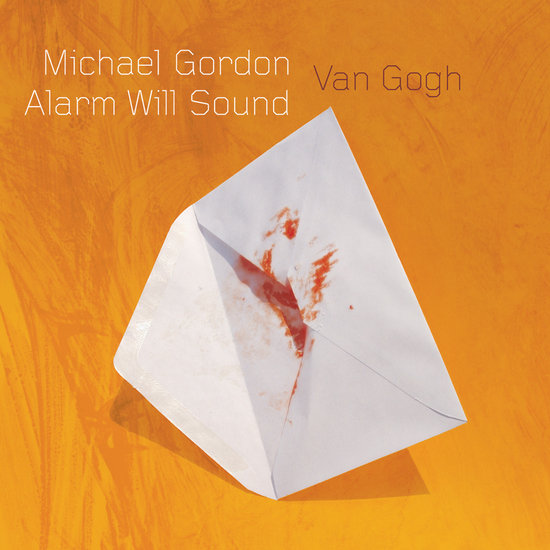
Van Gogh is based on letters Vincent wrote to his brother Theo. Michael Gordon says, “What attracted me so much to these letters was the pain, the rawness, and the brutal honesty. I really found it hard to believe that anyone could tell another person, even his brother, the raw emotions that he experiences—so painful, so lonely, so humiliating.” The impassioned music captures van Gogh’s adolescent anxieties, professional challenges, and a kind of transcendence that comes with his eventual institutionalization. Gordon brings a directness and intimacy to van Gogh’s story by sharing it entirely through his own private letters, and the immediacy of those words intensifies van Gogh’s already staggering story.
Acoustica
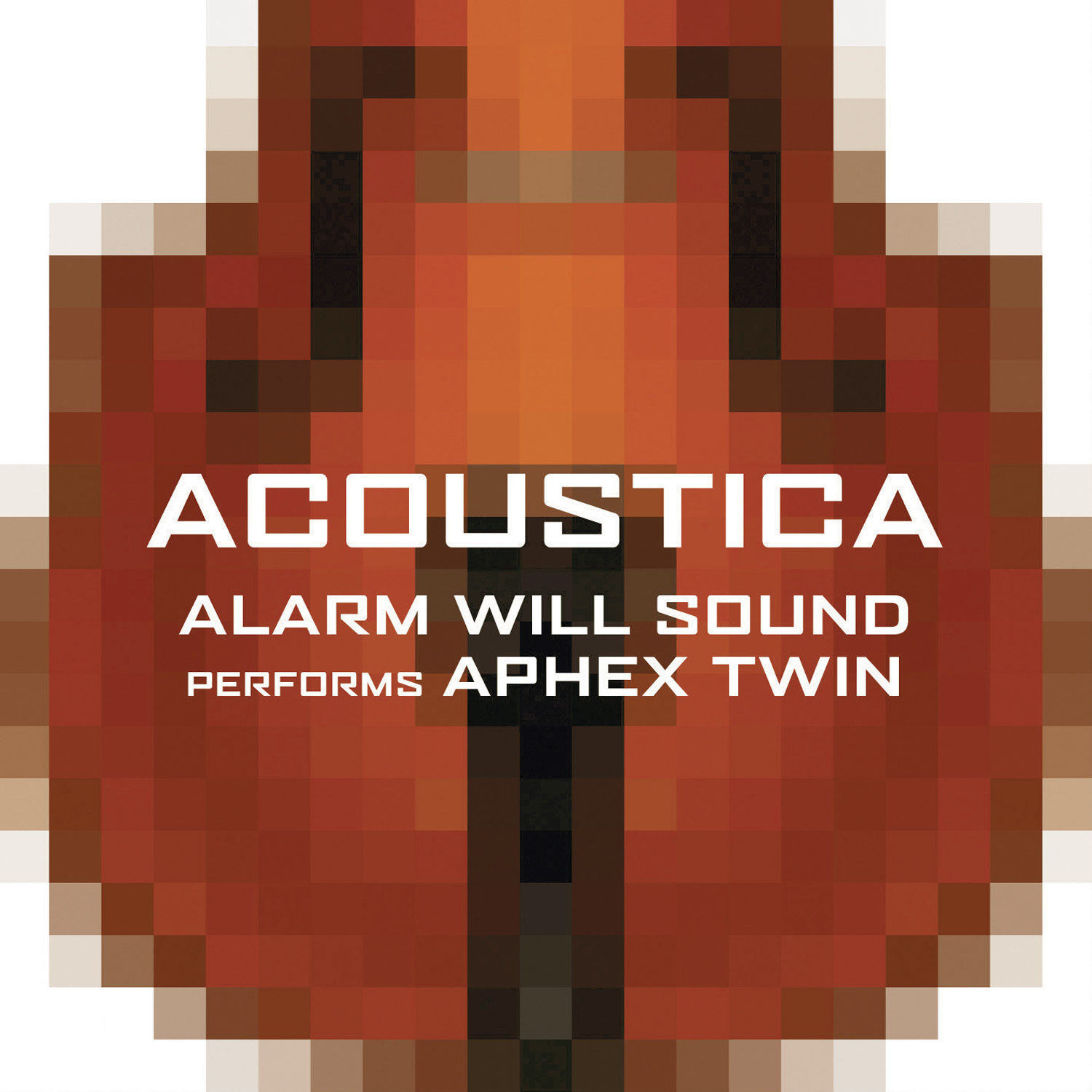
Aphex Twin (aka Richard D. James) is among the most imaginative musical minds working today. His electronica isn’t intended to be performed live but we set ourselves the goal of reproducing the original tracks on acoustic instruments as faithfully as possible. In the process, we discovered that a different kind of energy emerges from humans playing this complex, often hyperkinetic music made on (and for) machines.
Reich at the Roxy
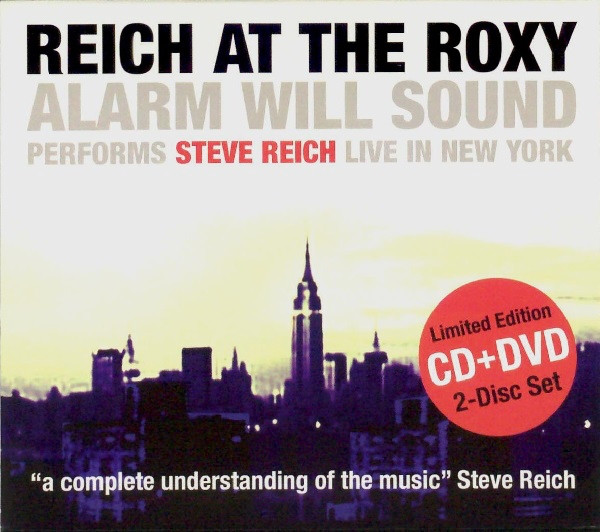
In front of a live audience in New York City’s storied Roxy Nightclub, Alarm Will Sound performs Steve Reich’s masterpiece Sextet, Music for Mallet Instruments, Voices, and Organ, and Three Genesis Settings(a new collection from The Cave). Captured in Dolby 5.1 surround sound and high-definition video, the DVD and CD set also features an interview with Reich about the music and the performance.
Steve Reich
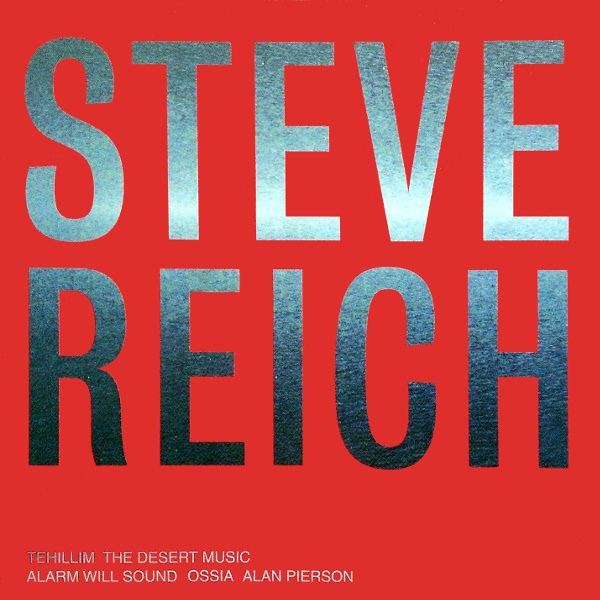
Our debut album features Tehillim and The Desert Music by Steve Reich. In both pieces, Reich sets texts that explore spirituality and humanity: Hebrew psalms of praise in one; the poetry of William Carlos Williams in the other. The Desert Music is heard here in a revised chamber orchestra version that allows its crisp rhythms to emerge.
Featured Audio
Kari Besharse’s Rails
Alarm Will Sound’s world premiere performance of Rails at the Mizzou International Composers Festival in 2011.
Ken Ueno’s (X)igágái
An excerpt from Alarm Will Sound’s world premiere performance of (X)igágái.
Steve Snowden’s For So Long It’s Not True
Listen through to the end if you’re feeling dazed and confused about why this brand new piece sounds familiar. Premiered at the Mizzou International Composers Festival in 2011.
Matt Marks’s A Song for Wade (This is Not That Song)
Horn player Matt Marks mixed 1950s doo-wop with with 1970s pop ballad to come up with this 21st-century art song about teenage sexuality, the internet, and suburbia. Lyrics by Royce Vavrek. Read Matt’s insights on composing this piece.
Charlie Piper’s Zoetrope
Alarm Will Sound’s world premiere performance of Zoetrope at the Mizzou International Composers Festival in 2012.
Clint Needham’s Urban Sprawl
Alarm Will Sound’s world premiere performance of Urban Sprawl at the Mizzou International Composers Festival in 2011.